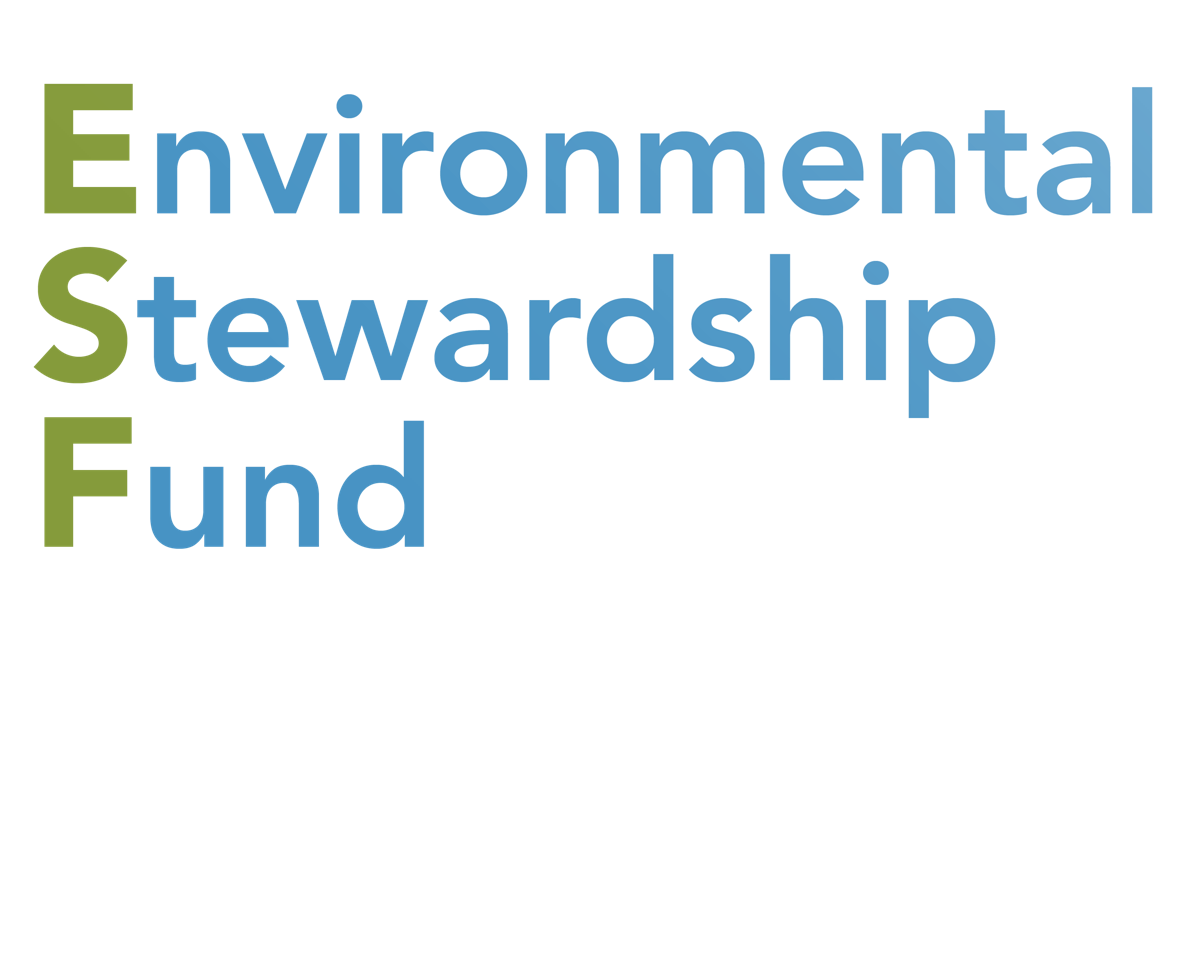Find Your Legislator
Find your legislator’s contact information using our custom search.
ConservationAdvocate
Visit ConservationAdvocate.org to get more information.
Non-Profit Lobbying 101
The websites and resources below are provided for the reader’s information. This is not intended as an endorsement of any particular position described at these sites.
Resources Worry-Free Lobbying For Nonprofits: How To Use The 501(h) Election To Maximize Effectiveness (Published by Alliance for Justice, 1999) This booklet describes how nonprofit groups, and the foundations that support them, can take advantage of the clear and generous provisions in federal law that encourage lobbying activity.
Non Profit Lobbying Guide (Written by Bob Smucker, published by Independent Sector) A handbook for volunteers and staff of charitable organizations, especially new volunteers and staff, to help them take advantage of the liberal rules for lobbying by charities.
IRS Form 5768 – Election/Revocation of Election by an Eligible Section 501(c)(3) Organization To Make Expenditures To Influence Legislation Form (Rev. December 1996)
Fact Sheets Election Year Activities and the Prohibition on Political Campaign Intervention for Section 501(c)(3) Organizations – will help section 501(c)(3) organizations stay in compliance with the federal tax law.
Fact Sheets
Links
Highlights of Pennsylvania's Environmental History (PDF)
Palta Policy Accomplishments
A Record of Success
Policy Endeavors of the Pennsylvania Land Trust Association
Download a PDF of our Accomplishments
|
Time |
Accomplishments and Activities |
|
Summer into Fall 2012 |
PALTA leads the campaign that derails the well-financed effort to enact the “sell-parks-for-easy-cash” bill. House Bill 2224 would have partially repealed the public trust doctrine and the Donated or Dedicated Property Act. |
|
Winter into Summer 2012 |
PALTA leads the campaign to defend the Keystone Recreation, Park and Conservation Fund, which was permanently zeroed out in the Governor’s 2012-13 budget. The General Assembly restores full funding for Keystone in the state budget. |
|
Winter into Summer 2012 |
PALTA, in partnership with farm preservation organizations, advocates against the Governor’s proposed two-year phase-out of state farmland preservation funding. The General Assembly rejects the phase-out when completing the state budget. |
|
July 7, 2011 |
Governor Corbett signs Act 44 into law. The product of a multi-year educational campaign by PALTA, the Act amends the Agricultural Area Security Law to ensure that state-funded agricultural easements are no longer vulnerable to extinguishment after just 25 years. |
|
June 24, 2011 |
Governor Corbett signs Act 8 of 2011 to prohibit private transfer fees in real estate transactions. PALTA succeeds in carving out an exception for conservation easements, strengthening the ability of land trusts to raise funds for easement stewardship. |
|
February 1, 2011 |
PALTA and Piedmont Environmental Council, along with five other entities, filed a lawsuit in 2008 challenging the U.S. Department of Energy’s (DOE) designation of the Mid-Atlantic National Interest Electric Transmission Corridor. On 2/1/11, the 9th Circuit Court ruled in PALTA’s favor and to the benefit of good energy planning. |
|
March 25, 2010 |
The PA Supreme Court rules in favor of conservation in the Erie Golf Course case, preventing municipalities from liquidating their “protected” open spaces for easy revenue. In its ruling, the court quotes PALTA’s 7/8/09 amicus curiae brief and other briefs inspired and supported by PALTA. |
|
2009-2010 |
PALTA co-leads coalition that successfully protects Pennsylvania State Forests from a drilling free-for-all. |
|
2008-2012 |
PALTA co-leads coalition to renew Growing Greener and advocates for establishment of a natural gas severance tax and/or impact fee with a portion of revenues dedicated to land, water and wildlife conservation. |
|
Spring into Summer 2007 |
The Senate and Governor make a budget deal to slash $40 million a year from the Keystone Recreation, Park and Conservation Fund. PALTA and allies flood legislators, the Governor and the media with calls, emails, letters and visits. Ultimately PALTA and allies prevail. |
|
Spring 2007 |
PALTA defends the Secretary of DCNR’s record of public service. The Senate reconfirms the Secretary in a vote of 44-4. |
|
2007 to present |
PALTA takes national lead with Piedmont Environmental Council to stop new threat to conservation: Federal condemnation powers for the first time can over-ride state control on the placement of high voltage lines. Federal preference is given to eminent domain and old polluting coal plants over proven energy efficiency, demand-side management and local generation technologies that do not require new transmission lines. |
|
November 29, 2006 |
Governor Rendell signs Act 154 into law. The Act, a PALTA legislative priority, empowers local governments to give land, easements and cash to land trusts in support of conservation. |
|
2006 to present |
PALTA works in partnership with LTA to permanently extend the federal tax incentives for conservation easements. |
|
August 17, 2006 |
PALTA’s initiative and continued efforts lead to President Bush signing greatly expanded conservation easement tax incentives into law. |
|
July 13, 2005 |
Governor Rendell signs legislation to implement Growing Greener 2. PALTA’s advocacy results in $80 million dedicated to farmland preservation and $90 million to open space protection – dwarfing the open space monies previously available under Growing Greener. |
|
May 17, 2005 |
After PALTA and partners worked tirelessly to educate, Pennsylvanians vote 60.5% to 39.5% to authorize a $625M Growing Greener bond. |
|
2005 |
PALTA initiates an ambitious and assertive push for expanding federal conservation easement tax incentives – this at a time when most land trusts had taken defensive positions as a result of Congressional Joint Committee on Taxation proposals to gut incentives. |
|
2003-2004 |
PALTA leads effort to boost state conservation funding, building consensus around its working paper Protecting Special Places and Building Healthy Communities: A Conservation Strategy for Pennsylvania. The Rendell Administration adopts the concepts (and much of the prose) championed by PALTA. |
|
2002 |
PALTA plays a lead role in the establishment of a dedicated funding source – a landfill tipping fee – to support the extension of Growing Greener. PALTA also leads the effort that stops the zeroing out of the Keystone Recreation, Park and Conservation Fund. |
|
June 22, 2001 |
Governor Ridge signs Act 29. PALTA led the long effort to achieve enactment of the Conservation and Preservation Easements Act in order to strengthen the enforceability of conservation easements. |
Policy Issues: Tax Benefits for Conservation
Federal
In January 2013, Congress renewed the enhanced easement incentive through the end of 2013 and retro-actve to January 1, 2012. Unless congress acts, it will expire December 31, 2013.
For more information: Land Trust Alliance Enhanced Easement Incentive
The tax benefits were originally signed into law on August 3, 2006 when Congress approved a tremendous expansion of the federal tax incentive for conservation easement donations. This was a great victory for conservation!
The tax incentive has helped America’s land trusts increase the pace of land conservation by at least 535,000 acres compared to the previous two years! The law:
- Raises the maximum deduction a donor can take for donating a conservation easement from 30% of their adjusted gross income (AGI) in any year to 50%;
- Allows qualified farmers and ranchers to deduct up to 100% of their AGI; and
- Increases the number of years over which a donor can take deductions from 6 years to 16 years.
These changes enable family farmers, ranchers, and other moderate-income landowners to get a significant tax benefit for donating a conservation easement on their land. Under prior law, an agricultural landowner earning $50,000 a year who donated a conservation easement worth $1 million could take a total of no more than $90,000 in tax deductions! Under the new law, that landowner can take as much as $800,000 in tax deductions – still less than the full value of their donation, but a significant increase.
Learn More at the Land Trust Alliance website.
State
Sixteen states currently offer tax incentives for conservation. According to the Land Trust Alliance:
The most powerful state incentives for conservation are the transferable tax credits available in Colorado, Georgia, New Mexico, South Carolina and Virginia. Such credits can be sold to an individual or corporation with high tax liability, generating immediate income for the donor. Arkansas, California, Connecticut, Delaware, Iowa, Maryland, Massachusetts, Mississippi, New York, and North Carolina offer some form of non-transferable income tax credit. All but AR, CO, MD, MS and NY apply to some fee-simple land donations as well as conservation easements.
Each state’s program is unique, and qualifying for a federal tax benefit does not automatically qualify a donor for a state benefit. Basic information on the existing state tax credit programs can be found at LTA’s website. You may also find this 2004 chart comparing ten state tax credits a useful resource, although some programs have changed. (Read more)
Read the Conservation Resource Center, State Conservation Tax Credits: Impact and Analysis. It assessed the effectiveness of 12 state income tax credits in advancing land conservation, and provides guidance to other states considering such programs.
The analysis includes:
- detailed examination of state Conservation Credit legislation and supporting regulations
- interviews with land conservation professionals in each of the 12 states having state tax credits
Policy Issues: Energy and Condemnation Threats
Policy Issues: Conservation Referenda
Conservation Referenda






